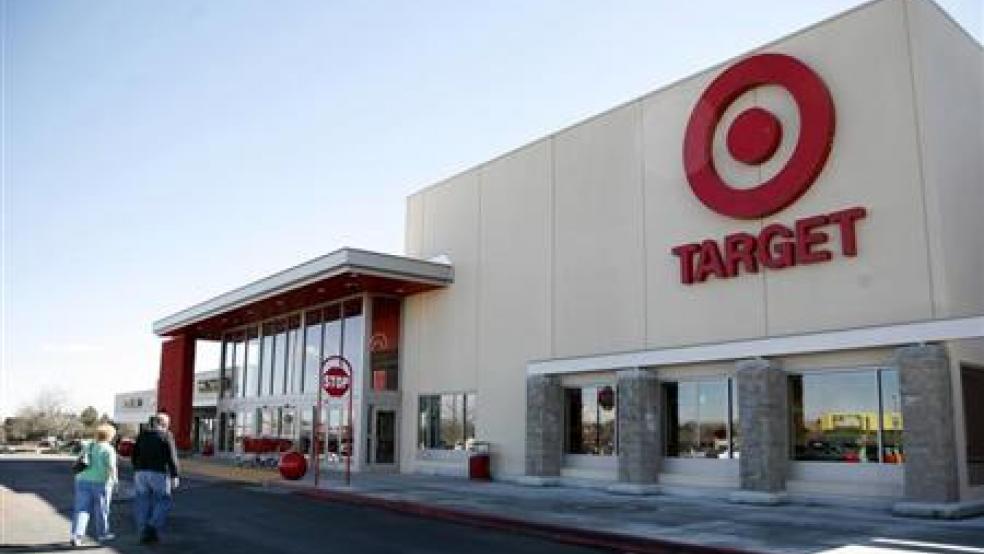Competition for low paid workers is heating up. Retailer TJX Cos, which operates the T.J. Maxx, Marhsalls and Home Goods chains, announced Wednesday that it plans to raise wages for its lowest paid workers, following quick on the heels of Walmart’s decision to raise wages last week.
The announcement leaves Target looking like the lone holdout on low wages among major discount retailers. The Minneapolis-based retailer — which has struggled in the face of increased competition, a damaging data breach and a disastrous attempt to expand into Canada — also announced stronger than expected earnings on Wednesday, but was mum on any plans to hike pay.
Related: The Real Reason Walmart Is Raising Worker Pay
Under new CEO Brian Cornell, who took over in August after serving as CEO of PepsiCo Americas Foods and the Sam’s Club division of Walmart, Target managed to increase traffic to its stores and boost online sales during the holiday quarter. But if Cornell’s turnaround efforts are showing some traction, helped by an improving economy, they still have further to go.
“We’re still in the very early stages,” Target CFO John Mulligan told analysts on a conference call Wednesday.
As the company pushes ahead, it’s likely to face pressure to join the list of retailers who are upping their workers’ wages. Costco Wholesale Corp. and some other successful retailers have long paid higher wages as a way to decrease turnover and improve customer service. Gap said in June that it was moving to a $10 an hour wage base, a change that led to more job applications.
Target was already under pressure to increase wages even before the TJX announcement. “Somebody is going to take the place at the bottom of the heap,” Democratic Rep. Keith Ellison of Minneapolis told the local paper. “Does Target want to be that company? I hope not.”
The headline of the Minneapolis StarTribune story from Feb. 21 was, “Experts think Target will follow Wal-Mart’s lead on raises.”
Related: Walmart Changes the Debate on Minimum Wage
Like Walmart, TJX is going to boost wages first to $9 this year and then $10 by 2016. That’s well above the current federal minimum wage of $7.25, which hasn’t changed since 2009. TJX announced the increases in conjunction with strong earnings on Wednesday.
"This pay initiative is an important part of our strategies to continue attracting and retaining the best talent in order to deliver a great shopping experience for our customers, remain competitive on wages in our U.S. markets, and stay focused on our value mission," TJX CEO Carol Meyrowitz said in a statement.
Gary Burtless, an economist with the Brookings Institution, points out that wages for the bottom 10 percent of workers increased in 2014 while they fell on average for higher-earning groups of workers. Burtless is not alone in suggesting that Target (and other retailers that pay near minimum wage) will have to raise wages if it wants to hang onto good employees and attract higher caliber workers.
Target is planning to announce investments at a meeting with analysts on March 3. But, previewing that meeting on a conference call on Wednesday, CFO Mulligan spoke about cutting costs to fund the investments, which doesn’t exactly foreshadow wage hikes.
But as Target looks to continue rehabilitating its reputation — and as both economic and political pressure increase — it will likely have to match the competition on wages sooner rather than later.
Top Reads from The Fiscal Times:





